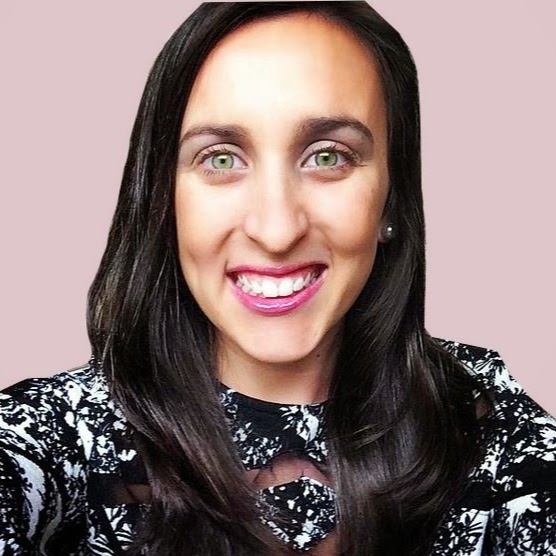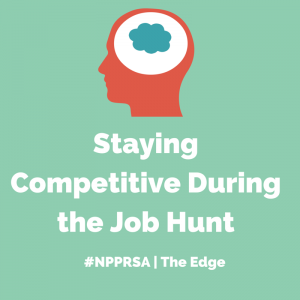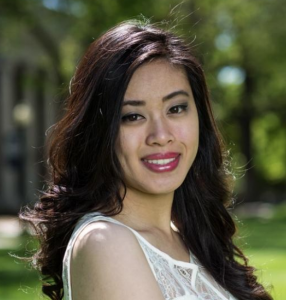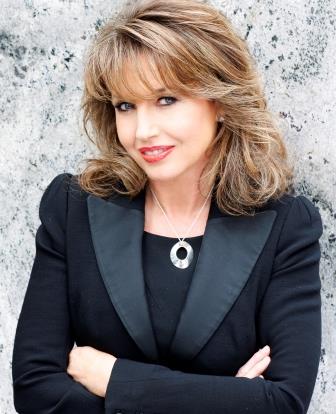Preparing for job interviews can be more than a little intimidating, and it’s probably no surprise to you that one of the major intimidation factors can be getting your portfolio together.
 If you don’t have a portfolio yet, you’re going to need one. Portfolios are the best way to show that you can walk the walk, not just talk the talk. Gathering the work you’re most proud of showcases your abilities and skills for future employers to assess.
If you don’t have a portfolio yet, you’re going to need one. Portfolios are the best way to show that you can walk the walk, not just talk the talk. Gathering the work you’re most proud of showcases your abilities and skills for future employers to assess.
Strong portfolios can come in a variety of types and sizes, and it’s up to you to decide what you think is best. If you’re just getting started or looking to revamp your portfolio, first decide what kind of portfolio you want:
Online vs. In Print
Online portfolios are great tools to impress future employers and get your foot in the door. There are plenty of free portfolio sites and website building resources like Weebly or WordPress that can make the creation process simple and maybe even fun.
An online portfolio can even add some personality to your name based on your site’s style and content. If they like what they see, it could be the reason you get called in for an interview. Or, they could just like the fact that you put the time and effort into creating a website.
A physical portfolio could also be the perfect tool for you. Your employers or clients may not want a marketing plan or social media report featured on your website for the world to see. That’s when a print portfolio can be handy as it will stay between you and the interviewer. Personally, I found it useful to have samples in front of me to share during the interview.
For example, when asked about my media relations experience, I can pull out a copy of my best newspaper or online placement. Bringing a physical portfolio is ensuring that the interviewer will see it because they may not have taken the time to check your online portfolio.
Quantity vs. Quality
Some professionals would say gather all of your work into a huge portfolio, but many others would say that you should just bring your top pieces of work. And again, it’s up to you.
Fresh out of college, I wanted to be prepared for any job responsibility they could ask me about, whether it be social media, writing, marketing plans or media relations. Therefore, I gathered all of my materials into a large portfolio binder separated into categories by tabs. I would easily navigate through my portfolio during the interview to pull out examples relevant to their questions and the job responsibilities. Organization is key with this approach.
A large portfolio can be overwhelming and intimidating, which is why some of you may prefer a smaller portfolio. Some interviewers even prefer it and may just ask to just see your top three to five pieces. In this case, it is easier to focus on the quality of your work as opposed to the variety.
Now that you have your options laid out, here are some tips for creating and using a strong portfolio:
- Think of anything and everything. To begin, gather all of your great work into one place. If you made it, wrote it or thought of it, put it in. Then choose your best pieces. You can always take it out later if you change your mind. Just make sure you have the portfolio essentials.
- If you’re going to do it, do it well. Don’t take shortcuts. After putting effort into it, you do not want to ruin all of your hard work because you got lazy. A little typo could tell a future employer that you aren’t careful or detail-oriented. This is especially true for websites. If you can’t put together a visually appealing website, it may not be worth doing at all.
- Don’t be shy about it. Not every interviewer is going to ask to see your portfolio or even samples of work. After putting effort into making it, be sure to show it off when you can. Try to work examples into your answers. For online portfolios, add a link to the bottom of your resume, email signature or Twitter profile.
- Leave behind some examples. If you’re showing off something long and detailed like a writing sample, the interviewer likely won’t read through the whole thing during the interview. Consider printing a few extra copies of your favorite pieces that seem most relevant to the position to leave something behind. I usually put two pieces and an extra copy of my resume into a folder or clear slip and hand it to them at the end of my interview for them to keep. It’s a great way to make sure your work gets their attention.
There’s always more than one right way to do things, and your portfolio is no different. It’s just one of the many ways you can stay competitive in your job hunt. Decide what works best for your work and preferences, commit to it and dive right in.
 Christine Kappesser is an assistant account executive at Wordsworth Communications, a public relations agency in Cincinnati, Ohio. She graduated from The Ohio State University with a degree in Strategic Communications and minors in Marketing and Design. Connect with Christine on Twitter (@ChristineMaeK).
Christine Kappesser is an assistant account executive at Wordsworth Communications, a public relations agency in Cincinnati, Ohio. She graduated from The Ohio State University with a degree in Strategic Communications and minors in Marketing and Design. Connect with Christine on Twitter (@ChristineMaeK).







